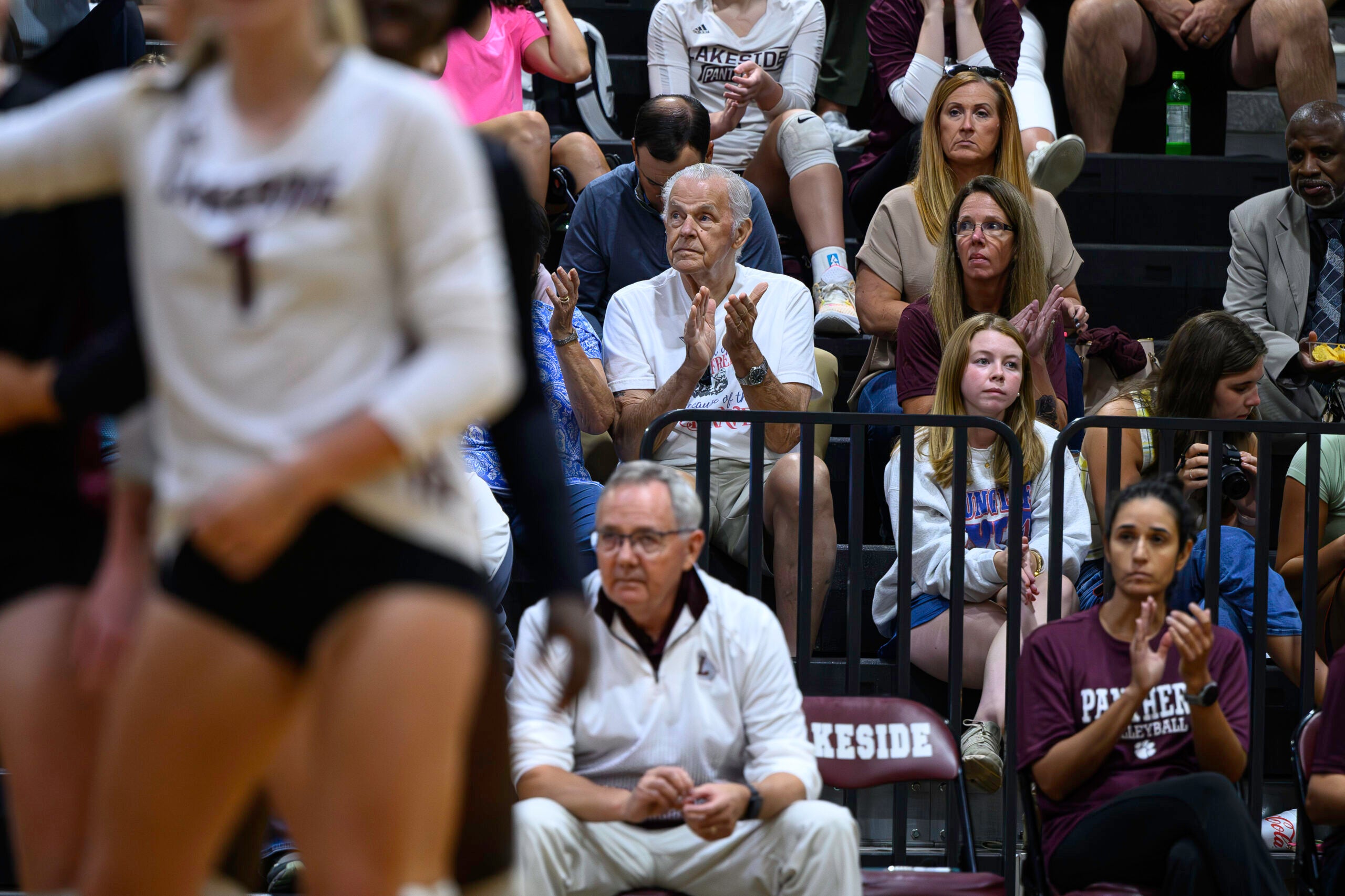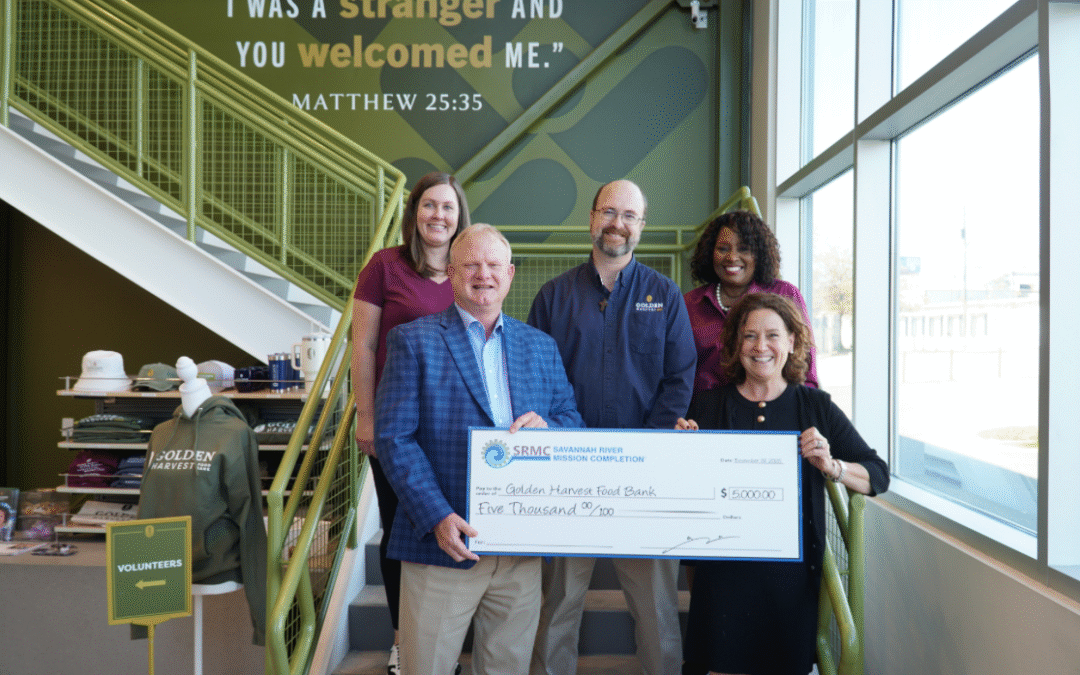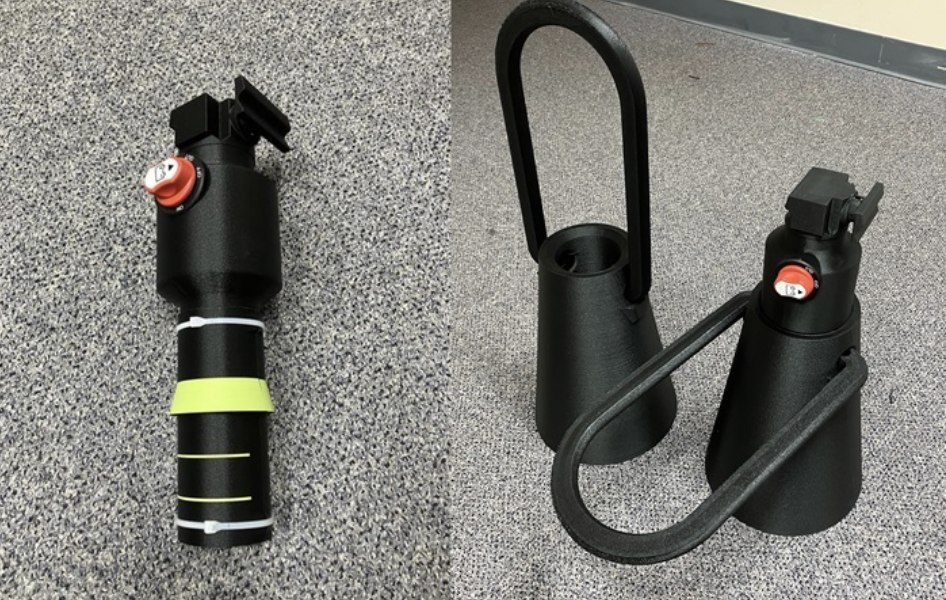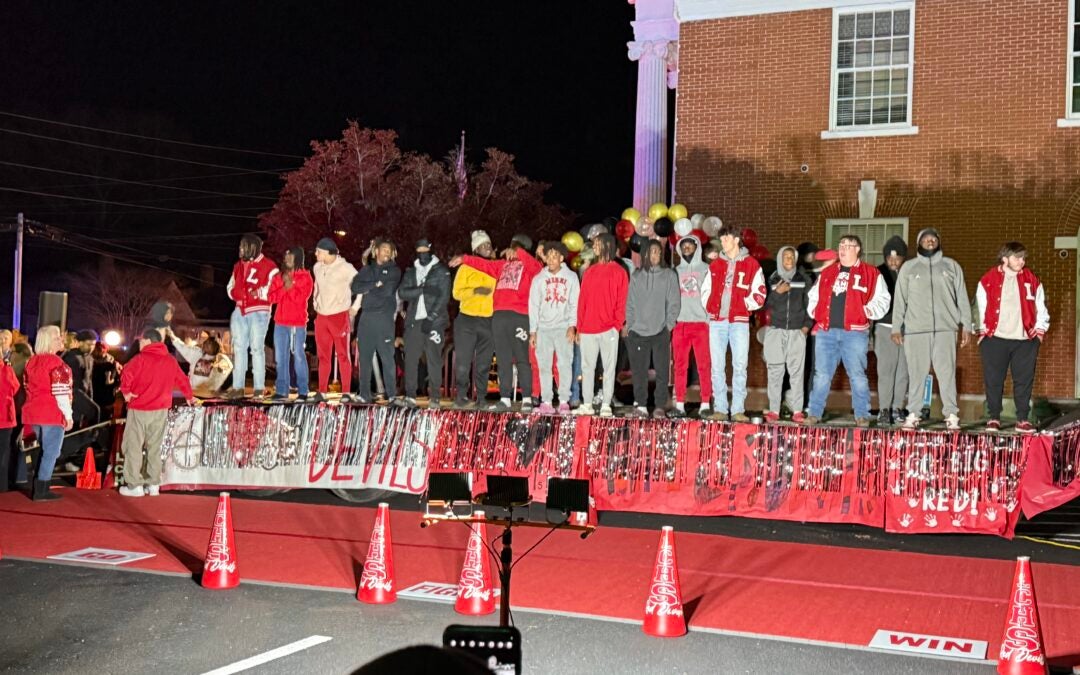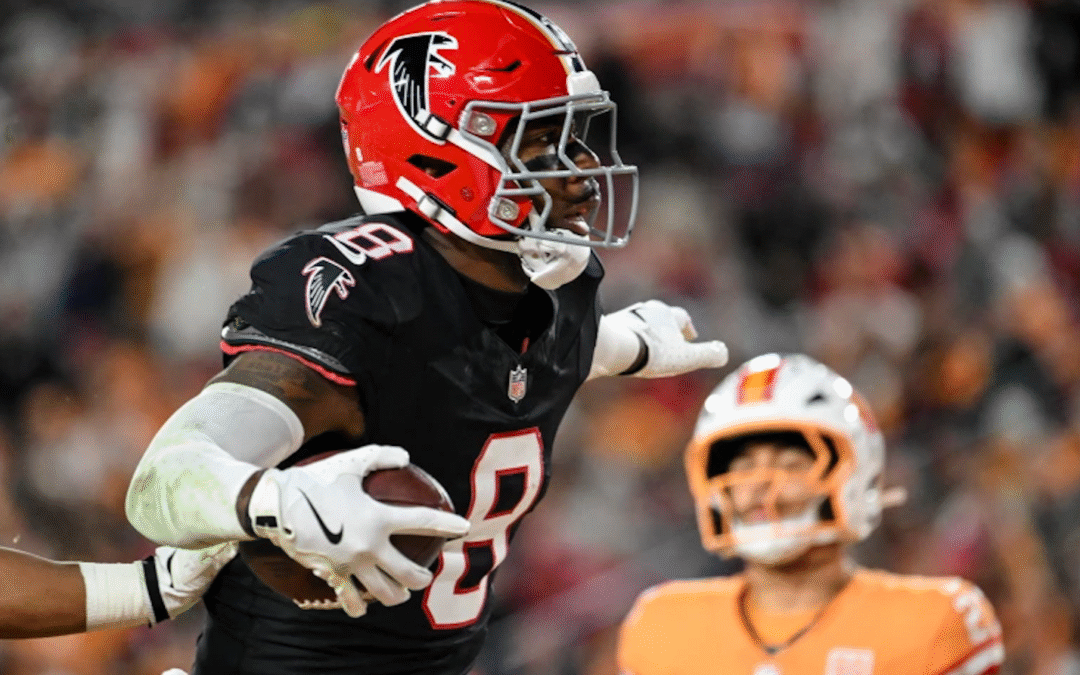There’s a question that haunts me every day in these Augusta-area high school sports streets.
The question — How bad do you want it?
The “you” is the powers that be who are the decision makers in all things amateur sports here in this city — primarily for our schools in Richmond and Columbia counties.
To a lesser extent, that “you” is also parents and guardians of the middle school and high school athletes in the Augusta area.
The ones not necessarily included in the “you” are the coaches and players of “fill-in-the-blank” sports. Why are they not included? Well, because I feel safe in saying I know exactly how bad they want it.
What’s the “it” I speak of, you ask? Simply this — to compete. And to do so at a high level.
If I were a betting man, I’d be willing to place a not-too-small wager on the idea that 90% of the athletes and coaches in this area would love to do more in their sports.
They’d love to compete with other teams across the state of Georgia that are considered “state juggernauts.”
They’d love to not just compete, but to also have an equal and level playing field with many of those schools.
Here’s the hard, uncomfortable but undeniable fact — many of our schools don’t have that. And no, it’s not just a Richmond County thing. I’ll prove it to you.
Uncovering the issue
Last week, our sports writer Jaxon Garner wrote a tremendous piece on Lakeside’s high school volleyball team — the top-30-ranked team-in-the-state-of-Georgia high school volleyball team.
Now, that’s saying something of the coaching job Scott Newland has done with the Panthers, and I’ll tell you why. Lakeside volleyball has no middle school feeder program.
In fact, none of our teams in the two-county area, at least, do. I’ll be honest — at the time of writing this column, I’m not sure about other Georgia schools in the fringe parts of our coverage area like in McDuffie and Burke County or out in Warren or Lincoln Counties. I don’t know about those, but soon we will, because we plan on exploring this phenomenon much more deeply real soon.
But here’s what I know — Richmond and Columbia counties are short on middle volleyball, as well as a few other sports — mostly spring sports and other non-football, non-basketball sports. It’s something Jaxon uncovered during his chat with coach Newland about the success his Lakeside team is having this year.
“South Carolina and the Atlanta-area programs all have middle school volleyball,” Newland told Jaxon. “It almost puts them a step ahead of us in terms of development.”
I think Coach was being kind when he said “almost.”
Look, I’ve been covering sports in Georgia for almost two decades now. And while I haven’t seen everything, I’ve seen enough to know this — any high school sport that doesn’t have a middle school feeder to draw from is automatically at a gross disadvantage, with few exceptions.
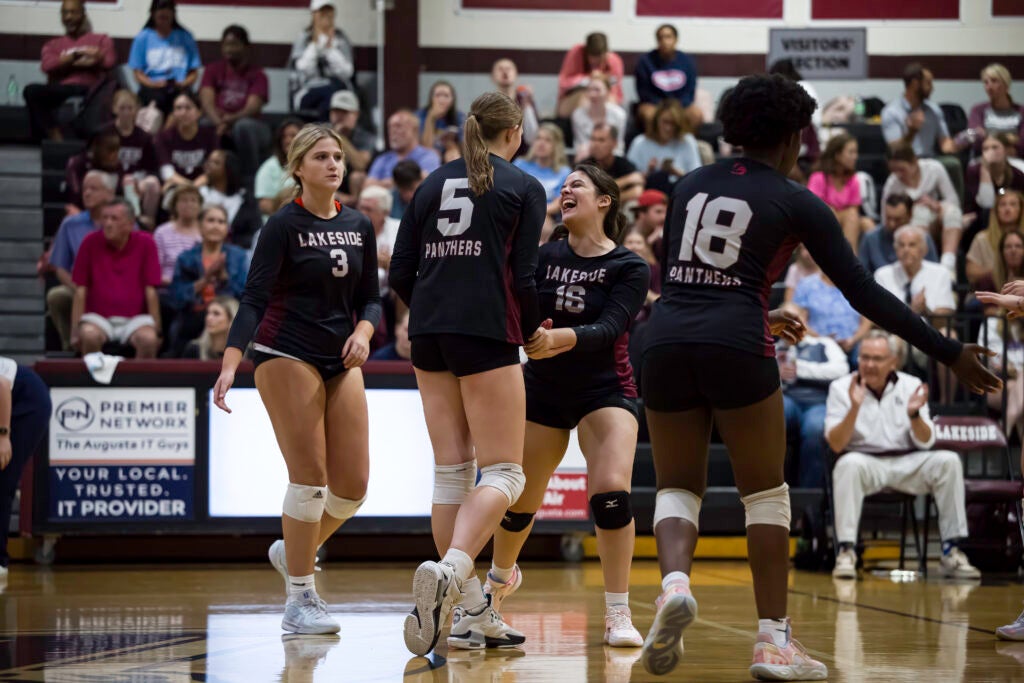
Those exceptions, i.e. travel ball, personal coaching and training, etc. — which could get pretty expensive over time — aren’t for everyone.
Now, let’s look at Lakeside’s volleyball program. It’s 25-6-1 and 4-1 in Area 1-AAAAA. It’s going to be in the state tournament once again, come next month. And the Panthers have been good for a while.
But just think what they could be if coach Newland had a middle school volleyball feeder program to draw from. Sometimes, with the absence of middle school volleyball, high school coaches must take on girls who step onto campus with lots of raw potential despite never having played a single match of volleyball.
Sometimes, that means working to convert basketball players into volleyballers, which isn’t always a bad thing, by the way. It often works, sort of like how wrestlers can make good offensive and defensive linemen in football.
But it’s not necessarily the ideal situation. And when you migrate over to the Richmond County area, it’s even worse because now, you’re not only factoring in the absence of middle school ball, but you’re also playing a numbers game with the way things are districted, where some schools don’t even have enough viable athletes to field teams in certain sports.
Losing the numbers game
Josey head football coach Lawrence Pinkney had something to say about that part.
“A lot of high schools around here have less kids to pick from,” Pinkney said in a conversation I had with him just before the high school football season began. “After middle school, you can choose to go to whatever school you want to go to.”
Pinkney is referring to House Bill 251 — a 2009 state law that allows parents in Richmond County to request a transfer to another public school within their local school district, as long as their’s space available. Pinkney says it works for who it works for, but it’s tough for those schools that don’t benefit.
“If we have 480 kids in the building and Cross Creek got 1,100 and Richmond Academy’s got 1,400 and Butler’s got 900 and Laney’s got 750, it’s hard to keep the kids’ morale up on a day to day basis,” he said. “You’re picking from about 80 kids to play three or four different sports — football, baseball, basketball, track and others.”
That’s tough, no matter how you slice it. And while Pinkney was talking specifically about the implications felt by his football program, it definitely transcends any one sport.
He was quick, though, to express his appreciation for how hard faculty and staff, particularly at Josey, work to try and make the best out of a hard situation.
“I wanna give good praise to our principals and administrative staff [at Josey],” he said. “They have a job to do to come in and get curriculum and school culture correct. I have a job to do also as a coach to try and build a program that makes kids want to come here.”
Several years back when I first showed up on the Augusta sports scene, I was planning to do a series of stories on how spring sports in Richmond County struggle, and why. I remember walking out on the turf of Laney High School’s stadium and talking with a soccer coach who was expressing the difficulty in trying to field a competitive program where more than 50% of his players had never touched a soccer ball until they got to Laney.
And not always because they didn’t want to. It’s because many of them couldn’t.
Middle school options for their sport don’t exist, and the travel ball options are often out of folks’ price range — not to mention most kids playing travel ball at the middle school/high school level didn’t just start playing the game yesterday. It’s been a life-long commitment for them.
Finding a way
Because of that, coaches like Newland have to get creative about how they schedule their non-area games in order to get their teams up to snuff to compete for state championships. Lakeside’s region for volleyball has just three other teams besides itself — Greenbrier, Effingham County and Evans. Compare that to those same regions/areas in basketball and football with nine active programs.
Also, consider that in volleyball, Lakeside is competing against two other Columbia County programs that have a similar lack-of-middle-school-feeder plight. That’s why, when you look at his schedule, you see teams from South Carolina and metro Atlanta littered all across his schedule.
“If we want to succeed in the state tournament, we got to go play those [other] teams early,” he said. “If you want to be the top team, you have to beat the top teams.”
If you ask me, it’s an inconvenience that shouldn’t be. What are the solutions? What are the further reaching implications? Are there any plans for make a path toward adding some middle school sports to these county athletic departments’ list of things to do? If not, where’s the alternative? Is it in more affordable travel ball options? A more robust recreation ball scene?
In the coming weeks, our sports staff is going to work on a series of stories exploring these questions and hopefully sparking what I believe is much needed, healthy debate in our community over this matter.
Basketball and, to a slightly smaller extent, football are, indeed, king in this area. But much of that is because of how much is invested into the middle school feeders. Why can’t the same — or at least a stronger attempt — be done for the non-basketball, non-football athletes and coaches.
They want to compete at a high level just as much as those in the aforementioned sports. But right now, they can’t. And it’s something that’s largely out of their control. And, while I know there are many layers and variables to this matter that aren’t articulated in this space, I also believe something can be done to change the trajectory on the matter.
Let’s start talking more about the “how,” as in how to fix it, instead of just wringing our hands about the “what.”
Our kids and their coaches deserve better.
Gabriel Stovall is the sports editor for The Augusta Press. He can be reached at gabriel@theaugustapress.com.

